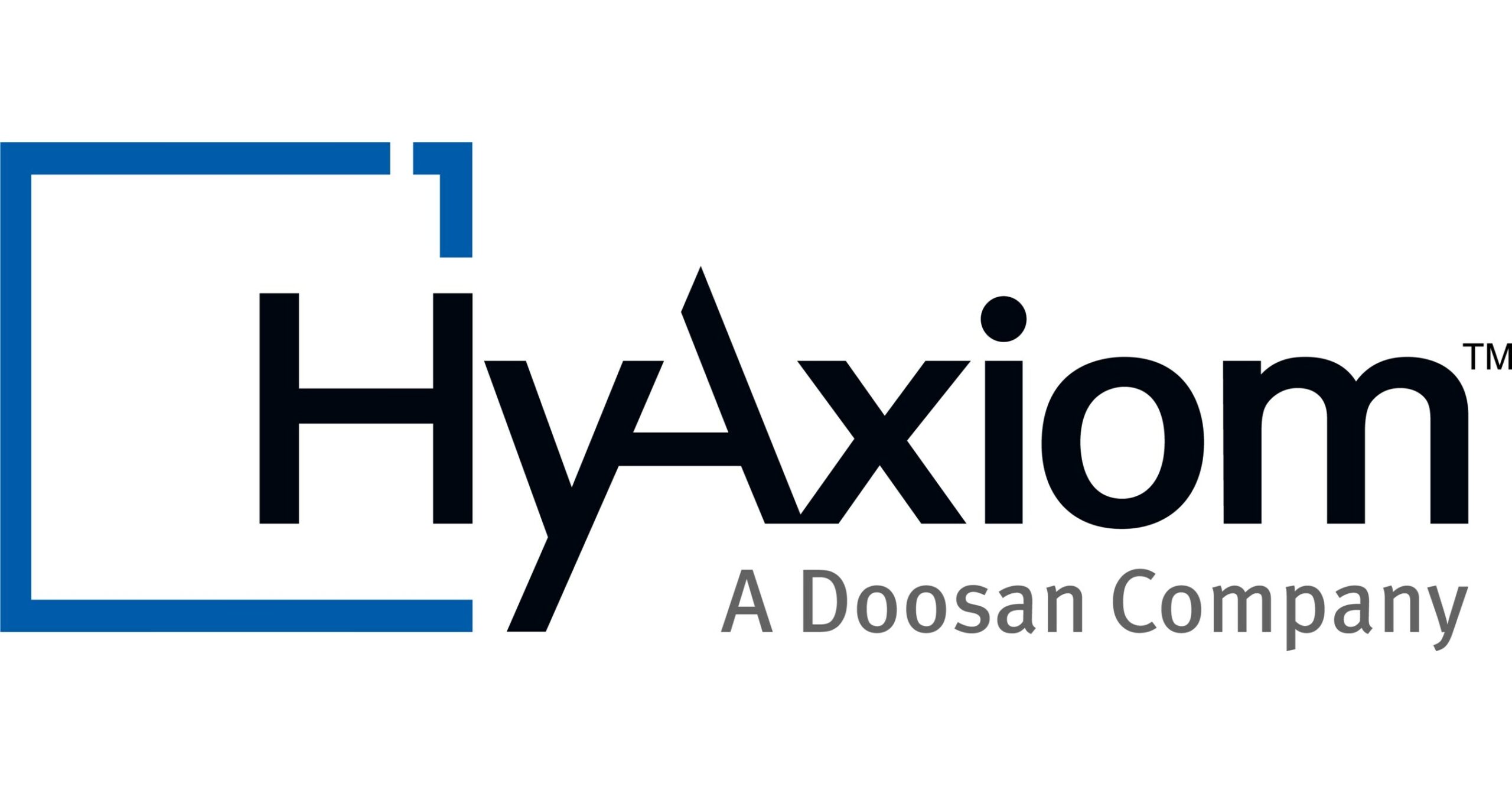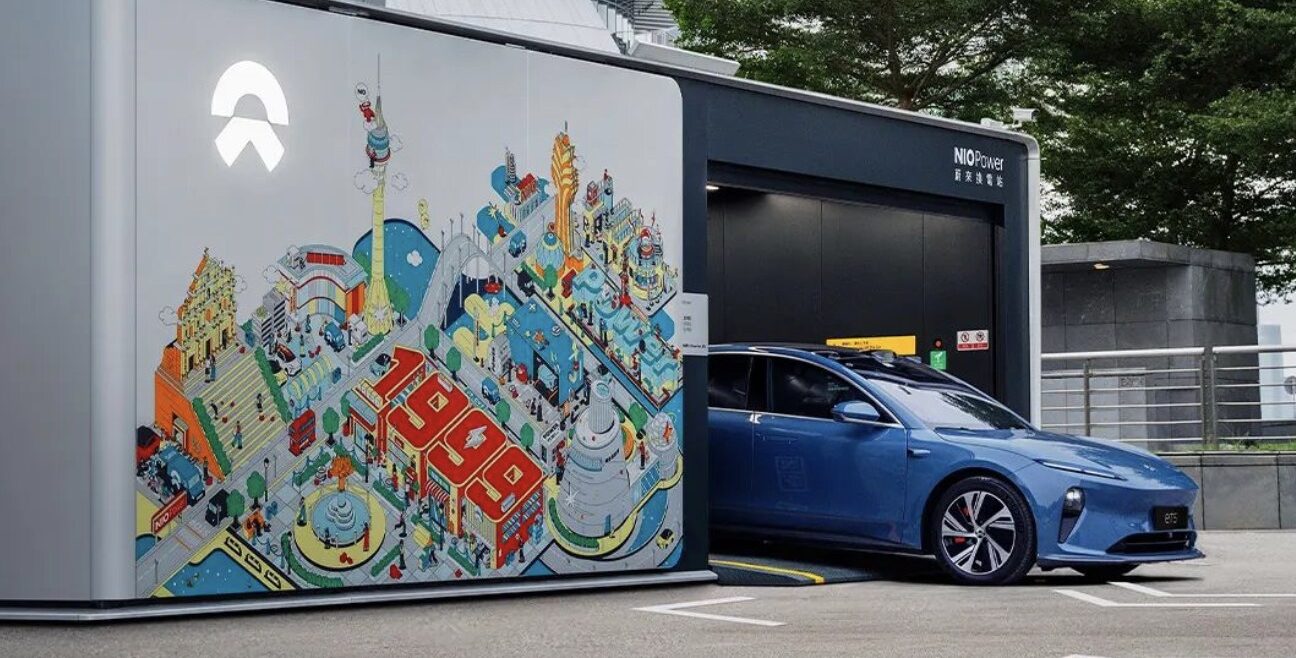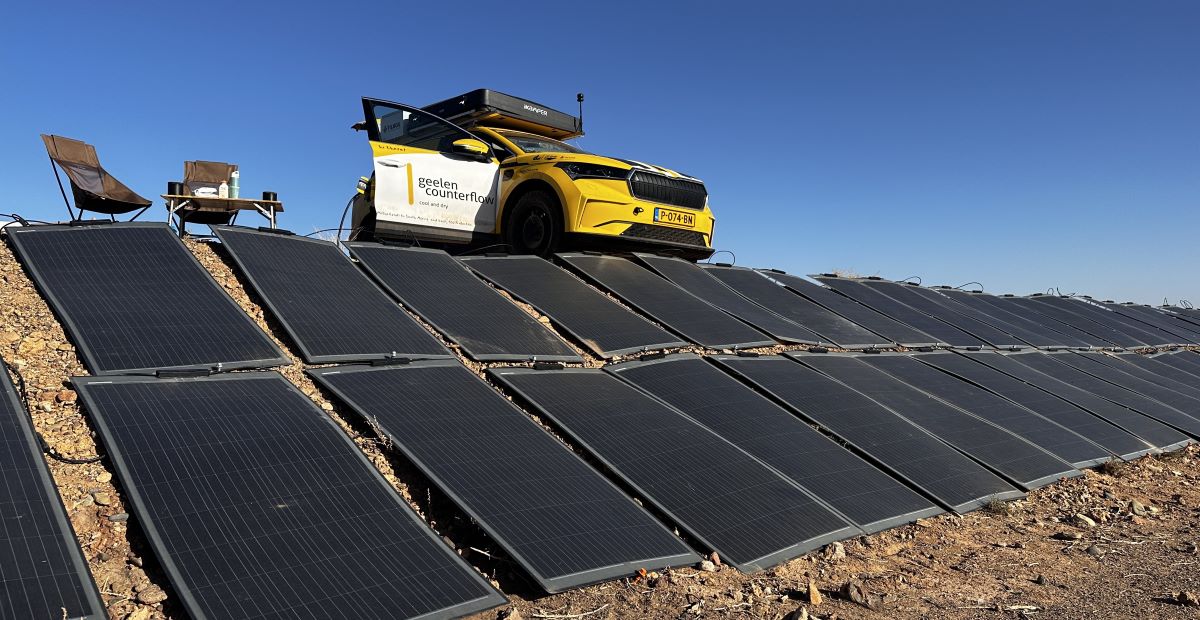In a significant advancement for clean energy, researchers at UNSW have unveiled a groundbreaking solution to enhance the rechargeability of aqueous rechargeable zinc batteries (AZBs). This innovative technology, detailed in the Advanced Materials journal, promises to revolutionize energy storage for homes and grids.
Overcoming AZB Rechargeability Challenges
The UNSW team, led by Yuan Shang, Dr. Priyank Kumar, and Dr. Dipan Kundu from the School of Chemical Engineering, addressed the limited rechargeability of AZB technology. The zinc metal electrode in the battery commonly suffered from corrosion, hindering its ability to recharge effectively.
The Solution: Additive Molecules and Improved Cycle Life
After three years of dedicated research, the team introduced a minute concentration (1 volume%) of non-toxic additive molecules into the battery electrolyte. This strategic solution mitigates corrosion and reduces dendritic zinc deposits, enhancing the battery’s cycle life by 5 to 20 times.
Impressive Results and Potential Applications
The researchers demonstrated efficient electricity storage, achieving 1 kWh per 30 kg weight in small pouch-type cells. In a scaled-up setup with a high-voltage cathode, this improved to 1 kWh per 16 kg weight. These results rival competing Li-ion systems, opening up possibilities for various applications.
Future Developments and Applications
Dr. Kundu emphasized the scalability of AZB technology, envisioning its application in residential, commercial, and community storage, as well as large-scale grid installations. Potential applications include remote/off-grid power systems, data centers, backup power systems in industries, and e-bikes.
The researchers are actively addressing challenges associated with current lithium-ion batteries, such as cost, supply-demand imbalances, raw material scarcity, and safety concerns. AZBs, leveraging aqueous salt solution electrolytes, emerge as promising alternatives with safety, affordability, and competitive energy densities.
Towards Commercialization and Cost-Effective Storage
The UNSW team is committed to developing the zinc anode, cathode, and cell components for battery cell prototypes. Estimated to cost consumers one-third to one-fourth of current Li-ion systems, the technology is poised to offer a cost-effective and reliable clean energy storage solution.
Source:miragenews.com





